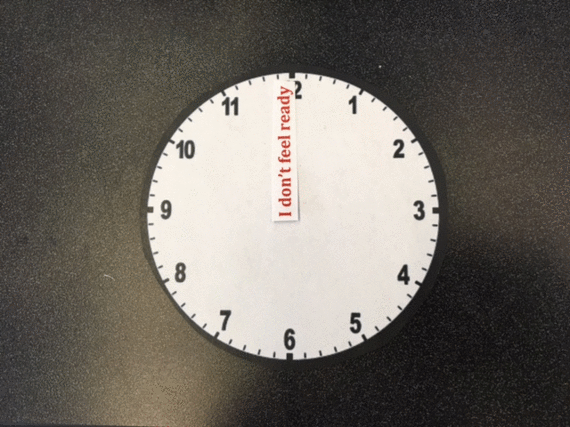The Work Behind Our Works
This summer I'm setting off on a Busk Across America trip. Read more here and follow along.
The announcement has been made, the website is up, I informed my managers about my leave, have eased my mother into the idea and now I find myself staring blankly at a calendar.
Although I still have a couple of months to flip over before taking off on my Busk Across America trip, a few impending thoughts have found their opportune moment to resurface: "oh look, another millennial going through a quarter-life crises," "this is a dumb idea," "I'm not ready..."
And the truth of the matter is, I don't feel ready. Objectively speaking, my current situation points to this not being a practical move. My resources are scarce and I'm not a strong enough musician to make a living off of my performances.
This may sound like a pity fest, but I tend to side with the mindset that it's much more productive to confront weaknesses earlier rather than later.
And besides, those very real logistics don't get to have a say in whether or not I go on this trip. I'm never going to feel ready, so I might as well set off now. Better stated, while I hesitate because of my weaknesses, I choose to move forward because of my potential. But this concept doesn't apply to just my trip.
Collectively speaking, we are not meant to be static. Whatever the venture may be, we're supposed to optimize our time and to set off into the world, even if it means really failing along the way. And I'll admit it: I am terrified of making a fool out of myself. But I would rather go and fail than not go and live with a bitter conscience.
Doing vs. Talking
Artists (or people of all trades, really) tend to spend time with their craft in two ways: doing vs. talking.
With any art form, comes the risk of just talking about doing the craft instead of doing it. Neil Gaiman, in his "Make Good Art" speech, spoke of a time when he realized he had made a profession out of responding to emails instead of writing. He was talking about writing instead of actually doing it -- which isn't uncommon.
Which brings me back to where I am now. The work behind maintaining my website, making videos and all other maintenance tasks is equivalent to me just talking the talk. I get caught up in promoting, capturing and writing about music without actually spending one-on-one time with my instruments. I'm doing that right now, in fact.
The talking phase is nearly unavoidable and, in many cases, necessary in the day to day. But, like all endeavors, we need to learn how to balance the seemingly opposing forces. And we have to make sure that we're not in our field for the wrong reasons.
The doing phase does not always consist of rolling back our sleeves -- it can have its glamorous days, too, like exhibiting work or performing on stage. But the truth of the matter is, while we may find ourselves fantasizing about the glamorous aspects of our art, that phase is a result of the rolled-back sleeves.
The majority of the doing phase takes place in our nitty-grittiest of hours -- during practice. So loving your work isn't an option. If you don't love what you do, the practice phase becomes intolerable.
And, again, we must watch ourselves. It's important to be aware of the way in which we execute our practice time. If practice doesn't involve learning new methods or material, it's easy to become soft, making the craft seem dull. As Adam Grant puts it: Practice makes perfect, but it doesn't make new.
Repetition, while making art polished, can also lead to redundancy. I've found that I pay more attention to the music when my hands are getting a workout from playing new material in opposed to when they're mechanically playing older material. The learning comes in when my instrument forces me to work for its sounds.

The Beauty of Knocking Yourself Down a Few Notches
In 2014, I decided that my New Year's resolution would be to train myself to write with my left hand. My theory was that awakening the muscles in my left hand would make me a stronger guitar/piano player.
While I don't know how accurate my original theory was, I did learn how rusty I am at starting from scratch. It was surprisingly difficult to sit down and willingly use my weak hand, when I had about two decades of writing experience with my right hand. (As a side note, teaching myself how to write with my left hand ended up being a very elaborate way to procrastinate actually playing the instruments.)
To digress, this type of top-down learning is an ideal way to spend your doing phase: taking another look at your current skill set and strengthening the weaker areas.
But, to contradict my own phrasing, this shouldn't be just a phase -- it should be a lifestyle. And, as I write, reflecting on the philosophy of why we practice won't help either -- doing the work will. So, to answer a question I've been receiving a lot these days: How does one prepare for a Busk Across America trip?
The answer is, by carrying out what I should have been doing all along and what I should be doing right now: by practicing and not just talking about it.
With that said, I must sign off. I've got work to do.
Read more about Meghan's Busk Across America trip here.

